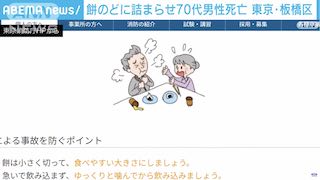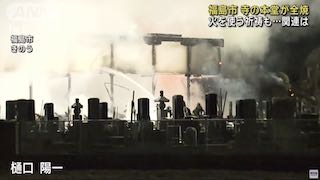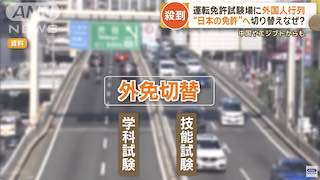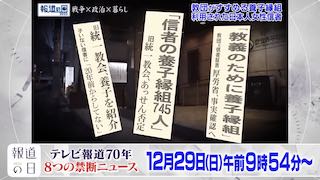Dec 16 (NHK) - Japan's health ministry is set to approve the use of the Moderna COVID vaccine for third shots. The country has already started giving the Pfizer vaccine as booster shots.
An expert panel of the ministry on Wednesday agreed that the Moderna vaccine can be administered as the third dose for people in the country aged 18 or older. The ministry will give the green light soon.
Ministry officials say the third dose will be half the amount of the previous shots, based on a clinical trial carried out by Moderna in the United States. It says the trial found that the level of neutralizing antibodies one month after the third dose with the smaller amount was about 70 percent higher than the level one month after the second shot.
The Moderna booster shot can be given six months after the second dose.
The ministry says at least 97.5 million doses of the Moderna vaccine are expected to be available until June next year. It plans to use Moderna doses in the workplace vaccination program from March as well as at medical institutions and large-scale vaccination sites.
The ministry had distributed the Pfizer vaccine to local authorities for vaccine programs at medical institutions. But people who received it for their previous shots may be given the Moderna vaccine as the outlook for the supply of the Pfizer vaccine is unclear.
Source: ANNnewsCH















